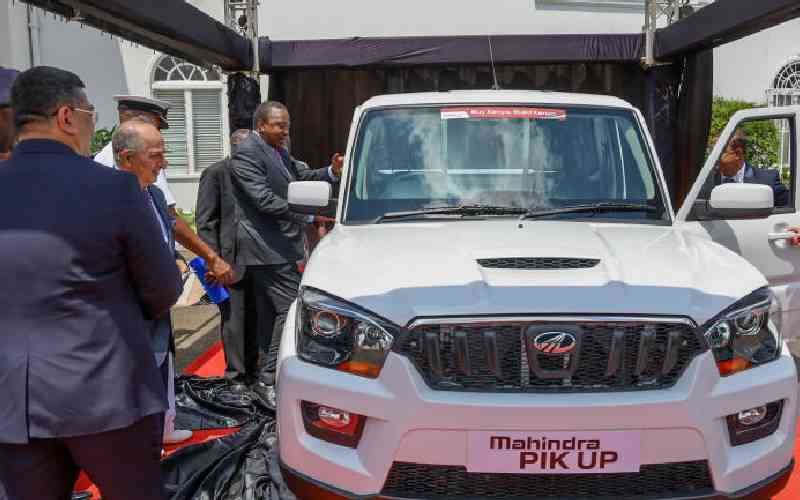×
The Standard e-Paper
Smart Minds Choose Us

Millions of vehicles snake their way on our roads daily as Kenyans travel to and from work. As much as this fuels the never-ending traffic jams, it also signifies immense opportunity in Kenya's automotive sector.
According to the National Safety and Transport Authority (NTSA) by end of August 2022, Kenya had 4,382,335 registered vehicles of which 2,782,102 are motorcycles. The difference includes personal vehicles, tractors, heavy machinery, trailers, commercial and three-wheelers







